Feeding Sin
Rikki Permenter, MAMFC, Th. M.
Moreover, keep Your servant from willful sins; do not let them rule over me. Then I will be innocent and cleansed from blatant rebellion. Psalms 19:13
A couple months ago our family dog went missing. Since then we (and various people in our community) have been on the lookout for a handsome brown and white boxer named Eli. About a month ago we got a call about a dog someone saw on the side of the road. He was skinny, he was weak, he was scared. We should have just left him there in hopes that he would make back it to his home. We shouldn’t have felt so sorry for him. We shouldn’t have taken him to our house and we definitely shouldn’t have fed him. Needless to say - for the last month, we have been housing a stray dog.
At first, it was novel. We missed our dog and this dog was similar to ours - but it wasn’t ours. We felt sorry for him and started feeding him. He gained weight and began to look healthier and happier. At first, he was cute, but soon he became not so very cute. He knocked over our trash cans, he tore up our trash, he laid on plants in our garden, and he seemed to think our whole yard was a bathroom. We knew we couldn’t keep him - our other dog was an inside dog and this dog was NOT an inside dog. I hoped each morning that I would wake up and he would just be gone - or when I came in from town he would be nowhere to be found but that was not the case. He was alway there.
In all of my complaining, someone explained to me in a very matter of fact manner, “He is never going to leave if you keep feeding him.” I never really thought about it that way. This dog snuck into my life just like sin does. At first, sin is novel but soon it becomes uncontrollable. It never simply goes away on its own when it becomes a nuisance - because you feed it. Sin must be starved. You must quit feeding sin by not partaking in it and creating boundaries around yourself that make partaking in that particular sin very complicated. You must be proactive with sin - you can’t expect it to disappear. As for the dog, being proactive looked like us actively finding his owners. As for sin, being proactive looks like finding accountability, confessing your sin, and creating a plan to starve the sin.
This article can be found in print in the monthly Baptist Association of Southeast Louisiana newsletter.

